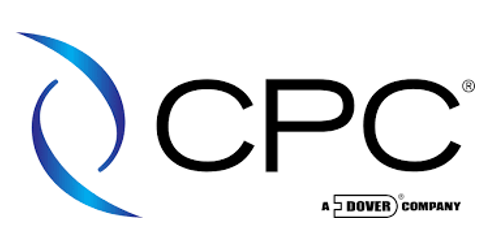Designing an AI specialty chip that gains traction is a sure way to riches. That’s why so much money – $1.67 billion – is at stake in a patent infringement lawsuit brought against Google.
Reuters reported this week on a federal trial in Boston in which computer scientist Joseph Bates, founder of Massachusetts-based Singular Computing, has alleged Google infringed on patents covering processor technology that Google used in its AI products.
“A lawyer for Singular Computing… told jurors that Google copied Bates’ technology after repeatedly meeting with him to discuss his ideas to solve a problem central to developing AI,” Reuters reported. “The lawyer… said that after Bates shared his computer-processing innovations with Google from 2010 to 2014, the tech giant unbeknownst to him copied his patented technology rather than licensing it to develop its own AI-supporting chips.”
Bates’s chip designs were incorporated into Google TPUs (Tensor Processing Units) that the company used for AI functionality in Google Search, Gmail, Google Translate and other services, according to Kerry Timbers, the lawyer representing Bates.
Bates’s case cites internal Google emails that Kerry said shows Google’s Jeff Dean, now the company’s chief scientist, discussed how Bates’ chip “ideas could be ‘really well suited’ for what Google was developing. Another employee in an email said they were ‘quite corrupted by Joe’s ideas.,’” Reuters reported.
The Singular web site states that Bates has been a professor and scientist at MIT, Carnegie Mellon, Cornell and Johns Hopkins University.




